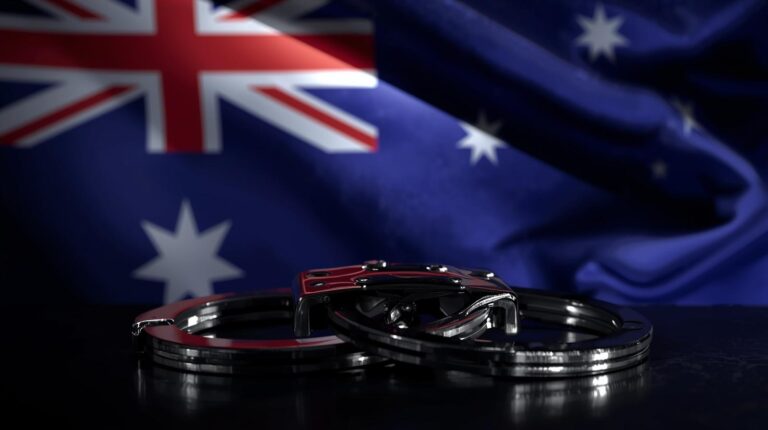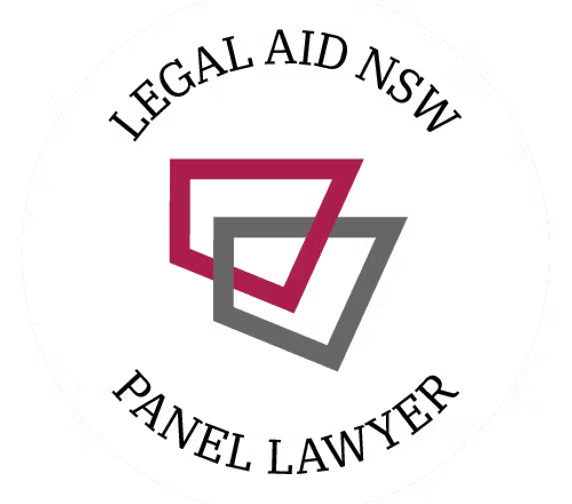In the Crimes Act 1958, section 195H, affray is outlined as follows:
“A person who uses or threatens unlawful violence and whose conduct would cause a person of reasonable firmness present at the scene to be terrified commits an offence”.
Affray is a serious common law offence, and is defined as the fighting of two or more persons in a public place that would panic people of reasonable firmness and courage.
Example of Unlawful Violence
A person is guilty of unlawful violence if that person:
- Intends to use or threaten violence or is reckless as to whether the person’s conduct involves the use of violence or threatens violence;
- Engages in unlawful fighting with another person.
What could constitute Affray?
Actions that constitute a charge of affray include:
- The accused got into a fight in front of one or more people;
- The accused yelled and threatened to punch someone;
- The accused engaged in road rage; or
- The accused participated in a riot.
What Prosecution will need to prove?
For the police to convict an accused person of affray they will need to prove beyond reasonable doubt:
- The accused used force or were somehow involved in the use of force;
- The force used was against a person or persons;
- A bystander of reasonable firmness and courage might rationally be expected to be frightened by the accused’s use of force or involvement in the use of force.
Possible defences to Affray
Possible defences to a charge of affray may be:
- The accused did not use or threaten to use violence;
- A person of reasonable firmness would not have feared for their personal safety because of the conduct; or
- The accused used violence but were acting in self-defence
Maximum Penalties
The Maximum penalty stated in section 195H is:
- Level 6 imprisonment (5 years maximum) or
- Imprisonment for 7 years if, at the time of committing the offence, the person is wearing a face covering used primarily:
- To conceal the person’s identity; or
- To protect the person from the effects of a crowd-controlling substance.
What next?
A charge of affray is an indictable offence that generally can be heard in either the Magistrates Court or County Court depending on the seriousness of the circumstances.
Need to speak with a lawyer?
Our experienced lawyers are here to help you understand your legal rights and options. Contact us for a confidential discussion about your situation.


















